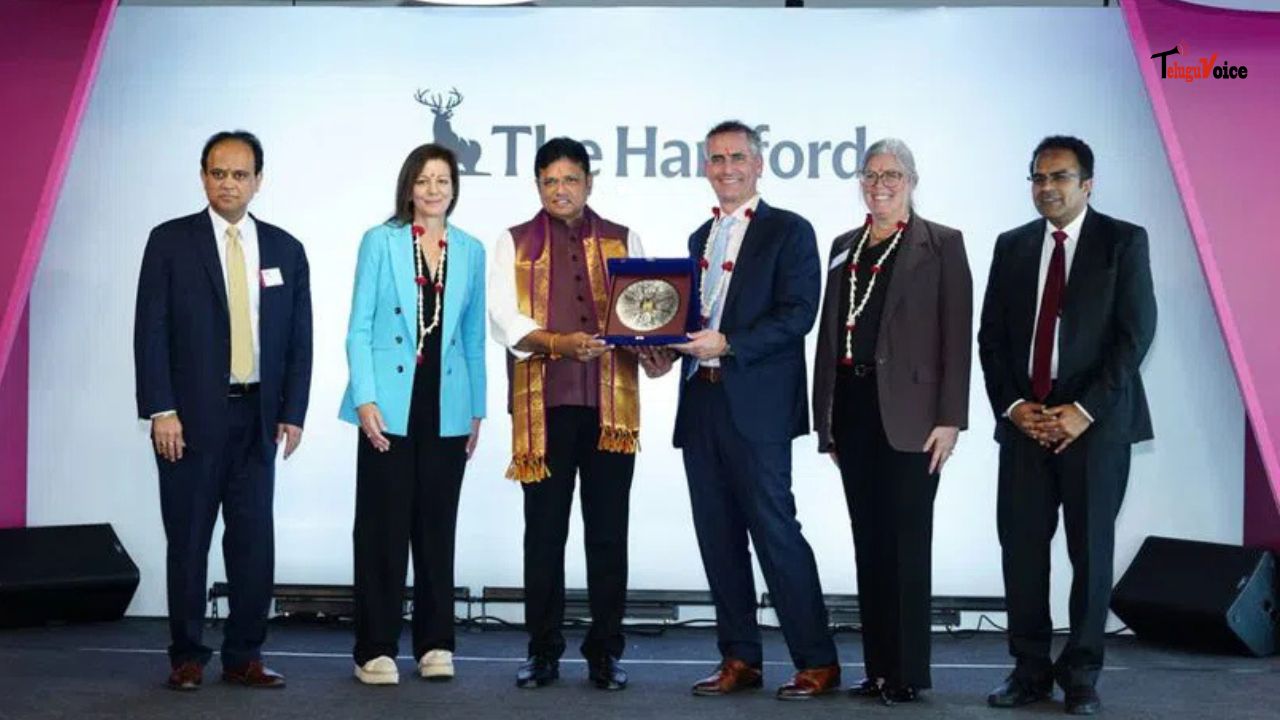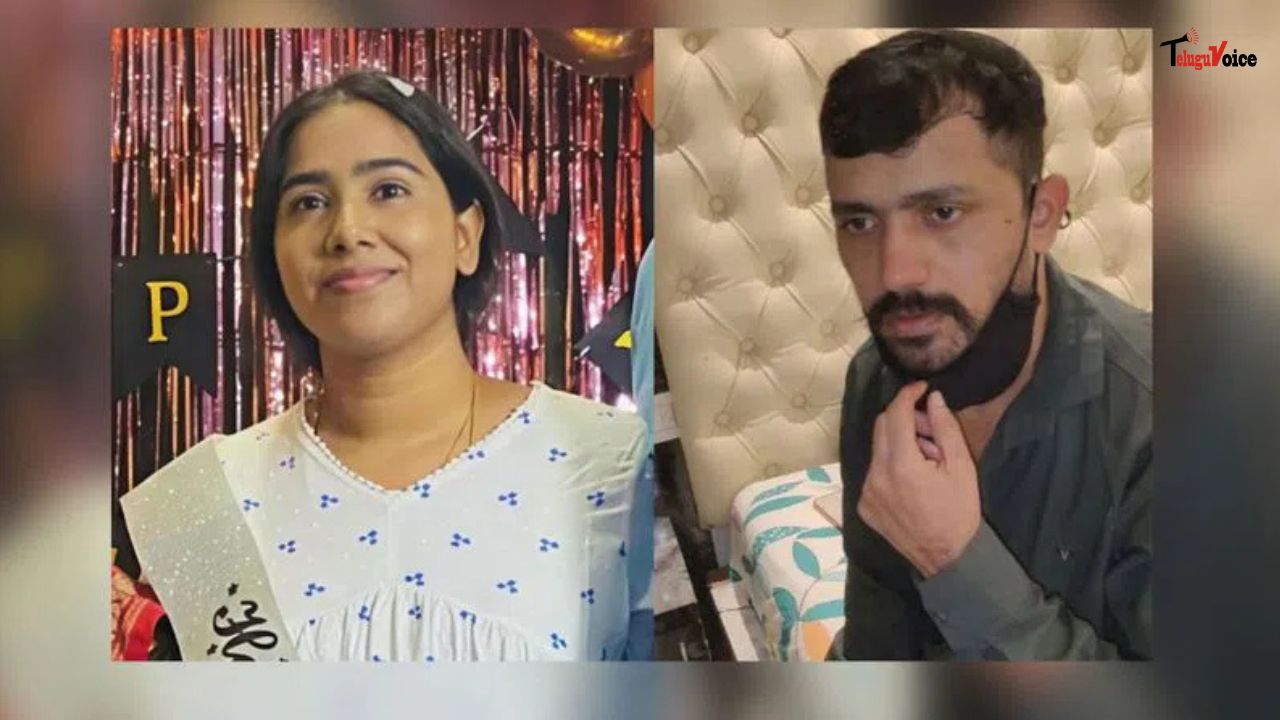Getting H1B Visa Got Tougher!

To be able to work in the US, H1B Visa is an important mode for Indians. Although several companies have increased the number of local hires, IT sector depends heavily on these visas, for its workforce. 2019 saw a steep rise in the denial of H1B visas. Some of the rejected applicants file a lawsuit and challenge the denial of H1B visa to them.
Two such cases came into highlight recently. Both were of similar nature, but the decision by the judges at the district court, on both of them was contradictory. The reason for denial in one case was, the employer of the applicant could not define ‘specialty occupation’. So, what is specialty occupation and what is the eligibility for an H1B visa?
Firstly, let us understand both cases. In case 1, Usha Sagarwala, was changing her job and this required her new employer, HSK Technologies, to repeat the H1B visa process. But she was denied a visa by US Citizenship and Immigration Services (USCIS), stating that the job position for which she was being hired, was not a specialty occupation. Following this, her new employer filed a lawsuit against USCIS.
In the second case, Subhasree Chatterjee applied for an H1B visa for the first time, but it got rejected as well. Her employer also filed a lawsuit against USCIS. However, Subhasree won her case, while Usha lost. Before understanding the reason for this difference, let us look at the definition of a specialty occupation. As defined by The Immigration and Nationality Act, any job that requires theoretical and practical application of a body of highly specialized knowledge is ‘specialty occupation’.
Now, check the eligibility requirements for an H1B visa. Out of the below three, at least one of the eligibility criteria needs to be met –
- The individual holds a license, a certificate or a registration, to fully practice specialty occupation.
- The individual holds a US bachelor’s or higher degree or an equivalent foreign degree in a specialty occupation.
- The individual has education, training or is undergoing training in the specialty, that will be equivalent to completion of the degree.
So, what went wrong in both the cases - Usha’s position was of a QA (Quality Assurance Analyst) in the new company. But the company could not explain the roles and duties (known as REFs – Request for Evidence) of the position and failed to clarify it as a specialty occupation. The order from the court said, “To prove the QA Analyst position was complex, HSK Technologies submitted only a one-page list of duties and the most complex-sounding were heavy on jargon. The company failed to provide any explanation of what those responsibilities entailed”.
On the other hand, Subhasree was undergoing optional practical training (OPT) at LexisNexis. The company wanted to hire her as a ‘data analyst’, after OPT completion. International students can work post completion of OPT for three years if they are from science, technology engineering or mathematics (STEM). Hence, the court said she has the specialized skills for the duties of her position, and she came out triumphant. The judge explained, “The mountain of evidence LexisNexis submitted to support the H-1B application more than meets the preponderance of the evidence standard”.
To obtain ‘the best and the brightest’ workers, the action plans made regarding the issuance of H1B visa, may further tighten the definition of ‘specialty occupation’. However, any change in the definition will require Congress approval, and so, the current definition continues.
The denial of H1B visas has increased in the past few years. Rajiv Khanna, managing attorney at Immigration.com, says, “Many of the denials handed out by USCIS appear to be pretextual rather than meritorious. Lawsuits against the USCIS for specialty occupation issues are based entirely upon the record that the sponsoring employer has built before the USCIS. The court looks at this record, the documents to substantiate the claim of specialty occupation, to decide whether denying the H-1B application was a wrong decision.”
Also Read: Must Check Out this Disability Super Stars

 South Africa tour of India 2019
South Africa tour of India 2019










Comments